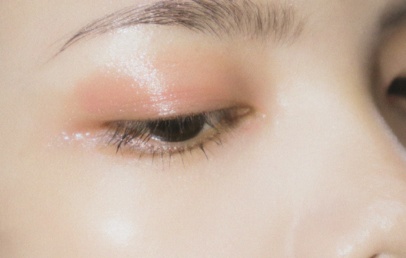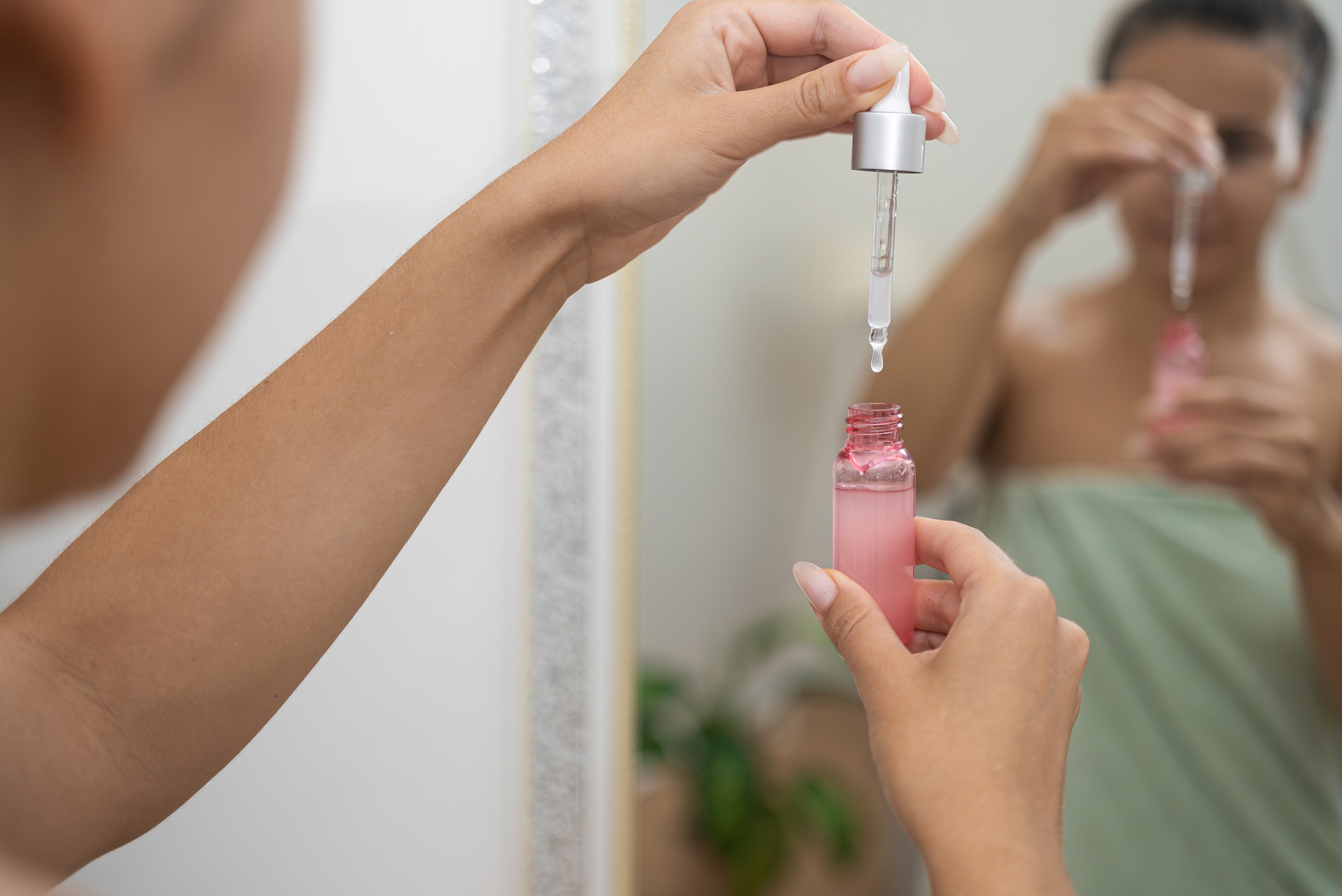
Can These Chemicals Damage Your Dry Skin?
Dry skin doesn’t just feel uncomfortable—it can also become red, flaky, sensitive, and more prone to premature aging. And while you might be trying to fix the problem with moisturizers and cleansers, some of the ingredients in your skincare routine could be making things worse. Certain chemicals strip the skin of its natural oils, damage the protective barrier, or trigger irritation, especially if your skin is already dry.
Here are 11 common ingredients you should avoid if your skin tends to feel dry or dehydrated:
1. Alcohol (Denatured or SD Alcohol)

These types of alcohol are often added to skincare for their quick-drying feel or to help active ingredients penetrate. But for dry skin, they’re a disaster. They evaporate fast and take your skin’s moisture with them, which can lead to increased dryness, tightness, and even flaking. Over time, they weaken the skin’s protective barrier, making it more vulnerable to irritants.
2. Fragrance (Synthetic)
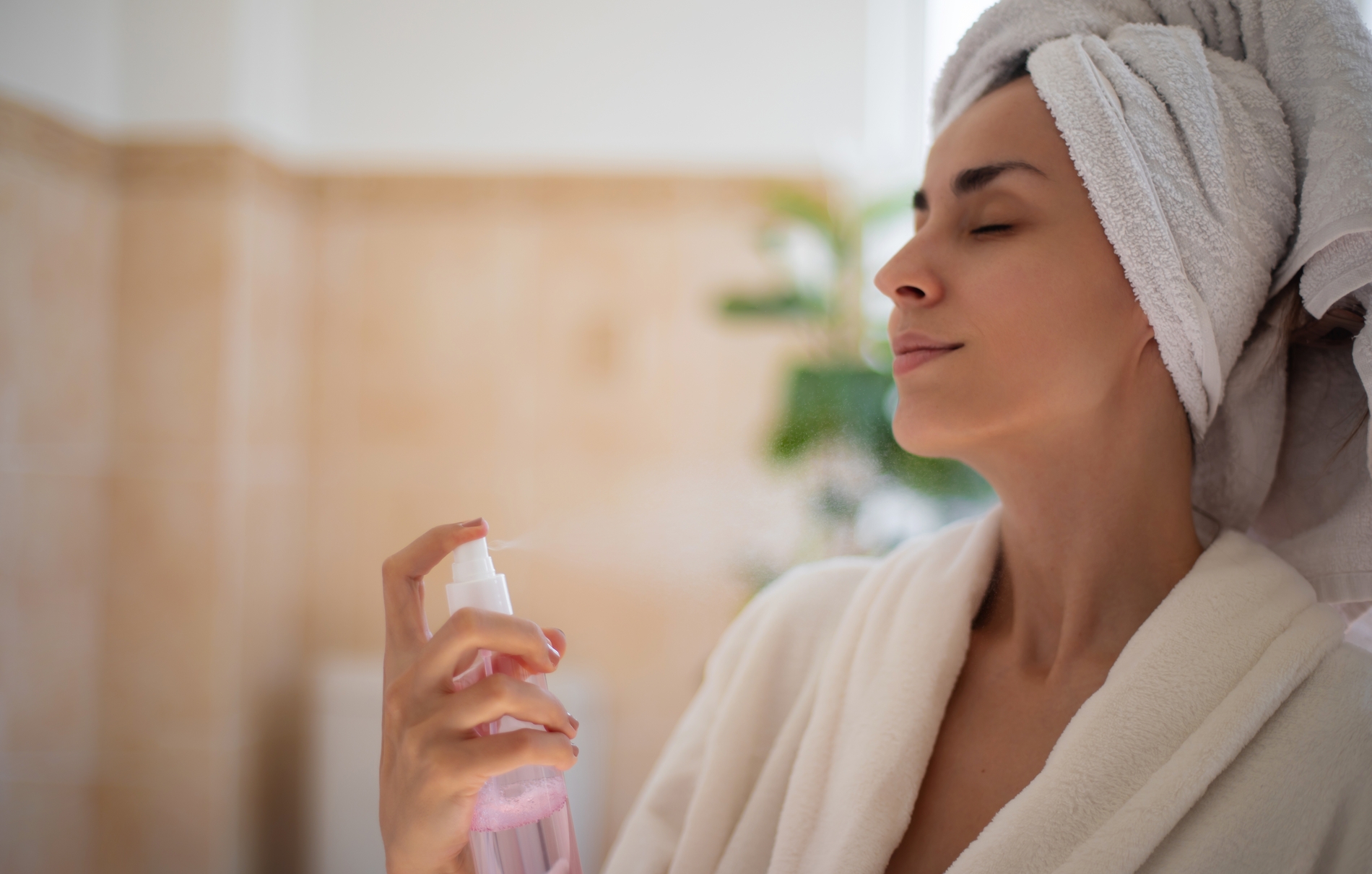
Synthetic fragrances can include dozens, sometimes hundreds, of undisclosed chemicals. Even if they smell good, they’re one of the top causes of contact dermatitis in skincare. For dry skin, which is often already inflamed or compromised, fragrance can make things worse, causing redness, itching, or stinging sensations after use.
3. Salicylic Acid
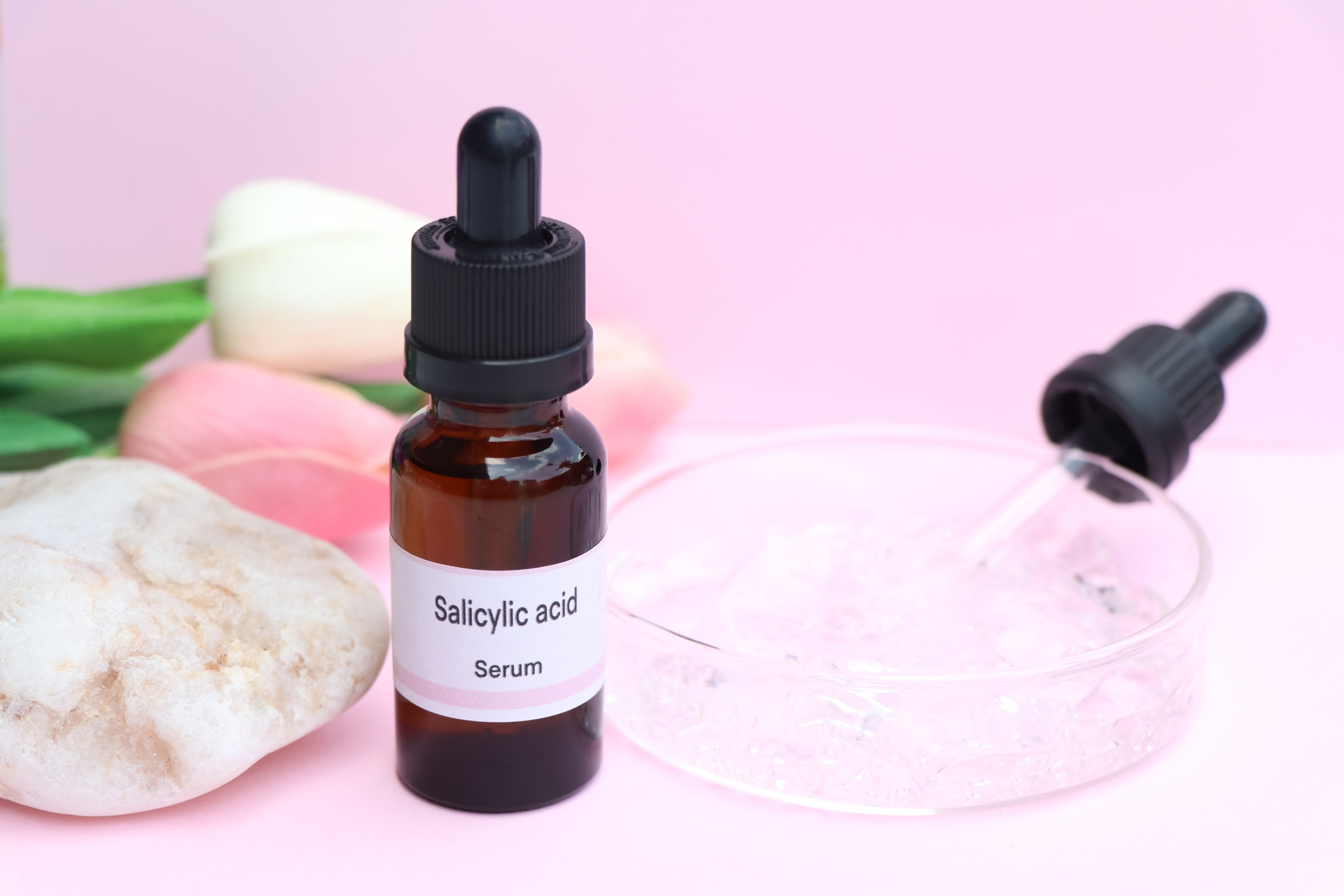
This beta hydroxy acid is great for oily, acne-prone skin because it dissolves excess sebum and unclogs pores. But on dry skin, it’s too strong. It can over-exfoliate, leaving the skin red, flaky, and more prone to cracking. Using it regularly can worsen the feeling of rough texture or tightness.
4. Benzoyl Peroxide
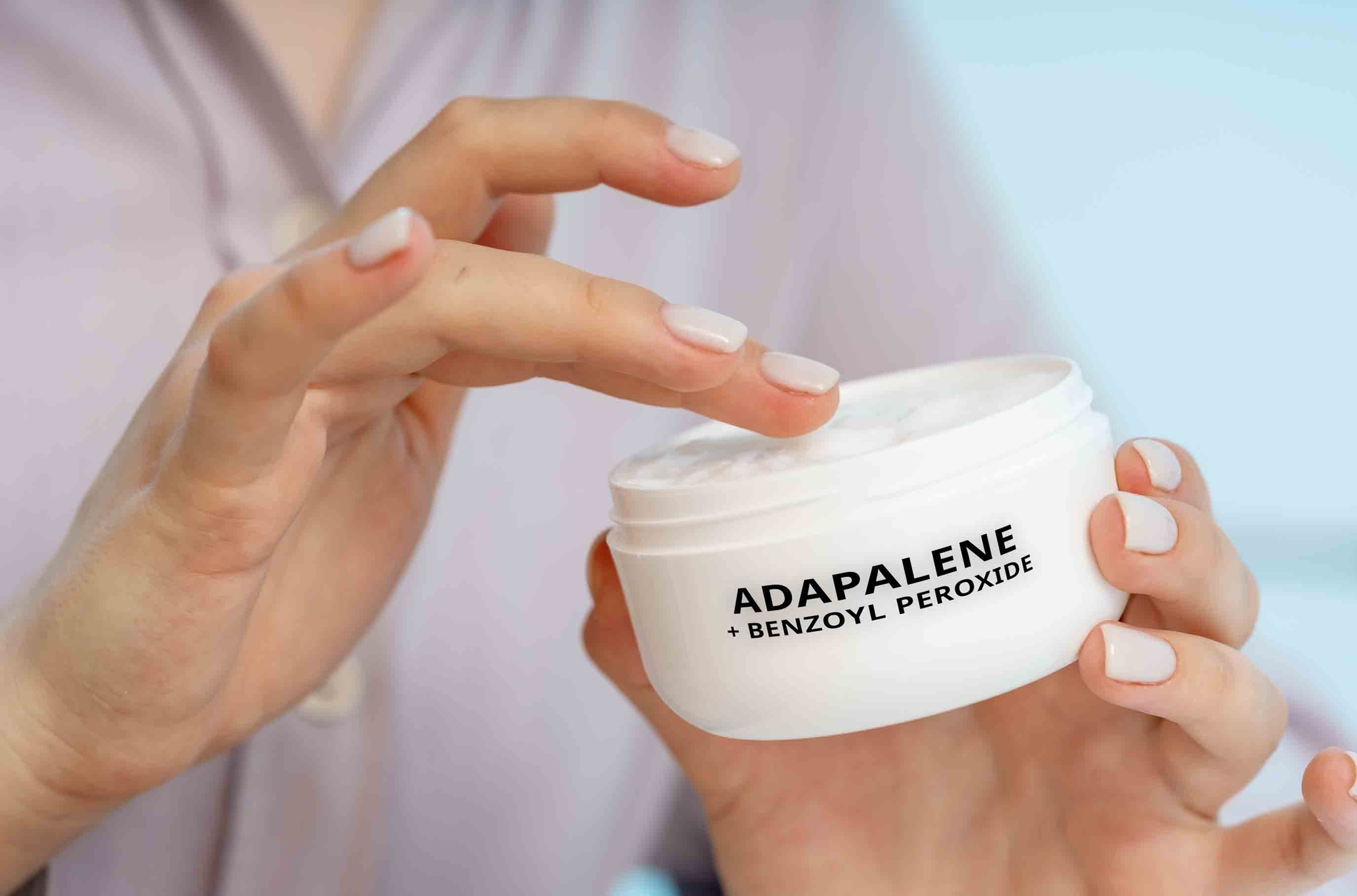
Benzoyl peroxide fights acne by killing bacteria and reducing inflammation, but it does so aggressively. It causes peeling, dryness, and irritation even on normal skin. On dry skin, the effects are magnified. It can severely disrupt the moisture barrier, making your skin feel raw and making it harder for healing to occur.
5. Sulfates (Like Sodium Lauryl Sulfate)
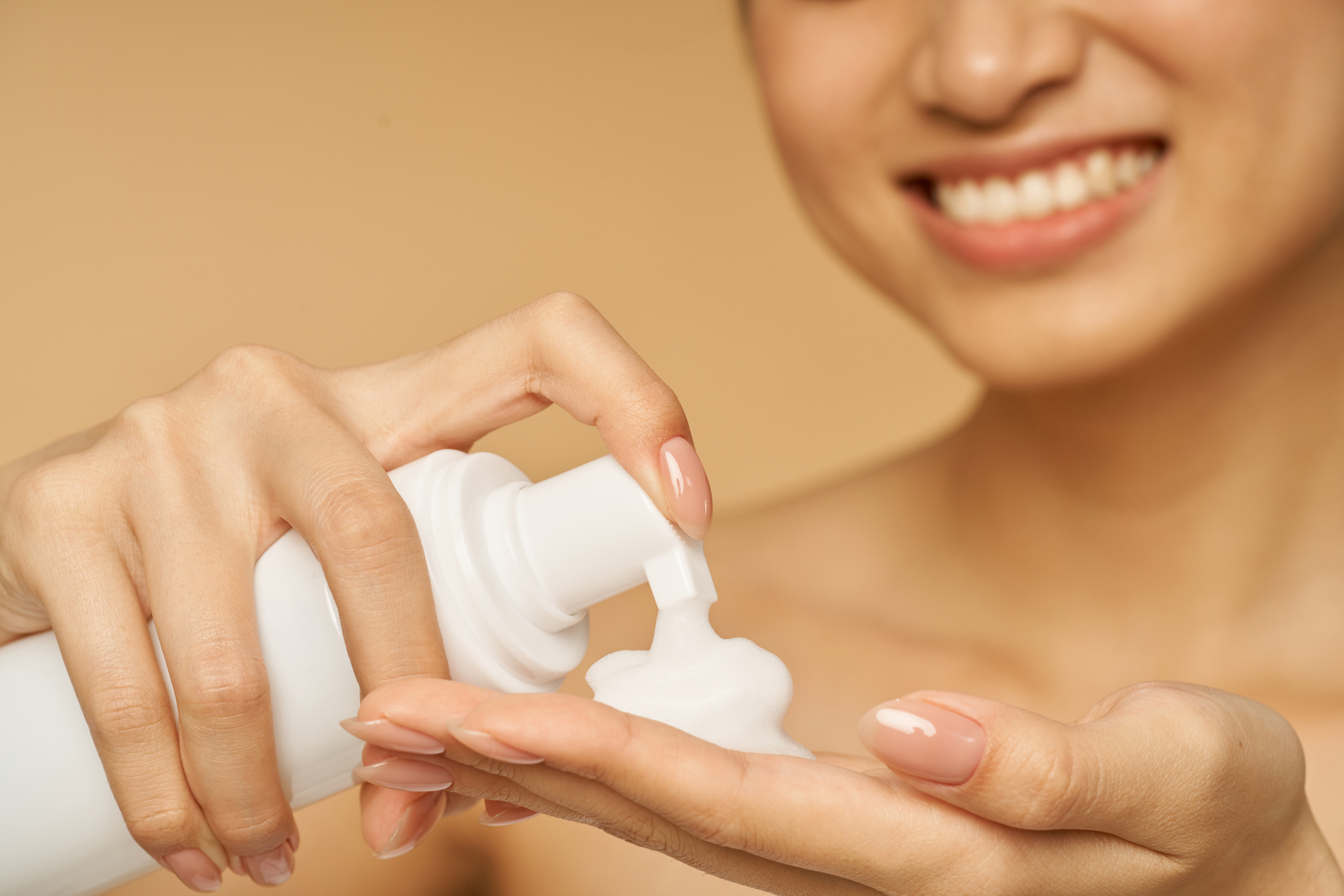
These harsh surfactants create that foamy lather in cleansers and shampoos, but they’re known to be extremely drying. They strip away natural oils that your skin needs to stay soft and healthy. Regular use can leave your face or body feeling squeaky-clean in a bad way—tight, itchy, and uncomfortably dry.
6. Retinoids (Retinol, Tretinoin)
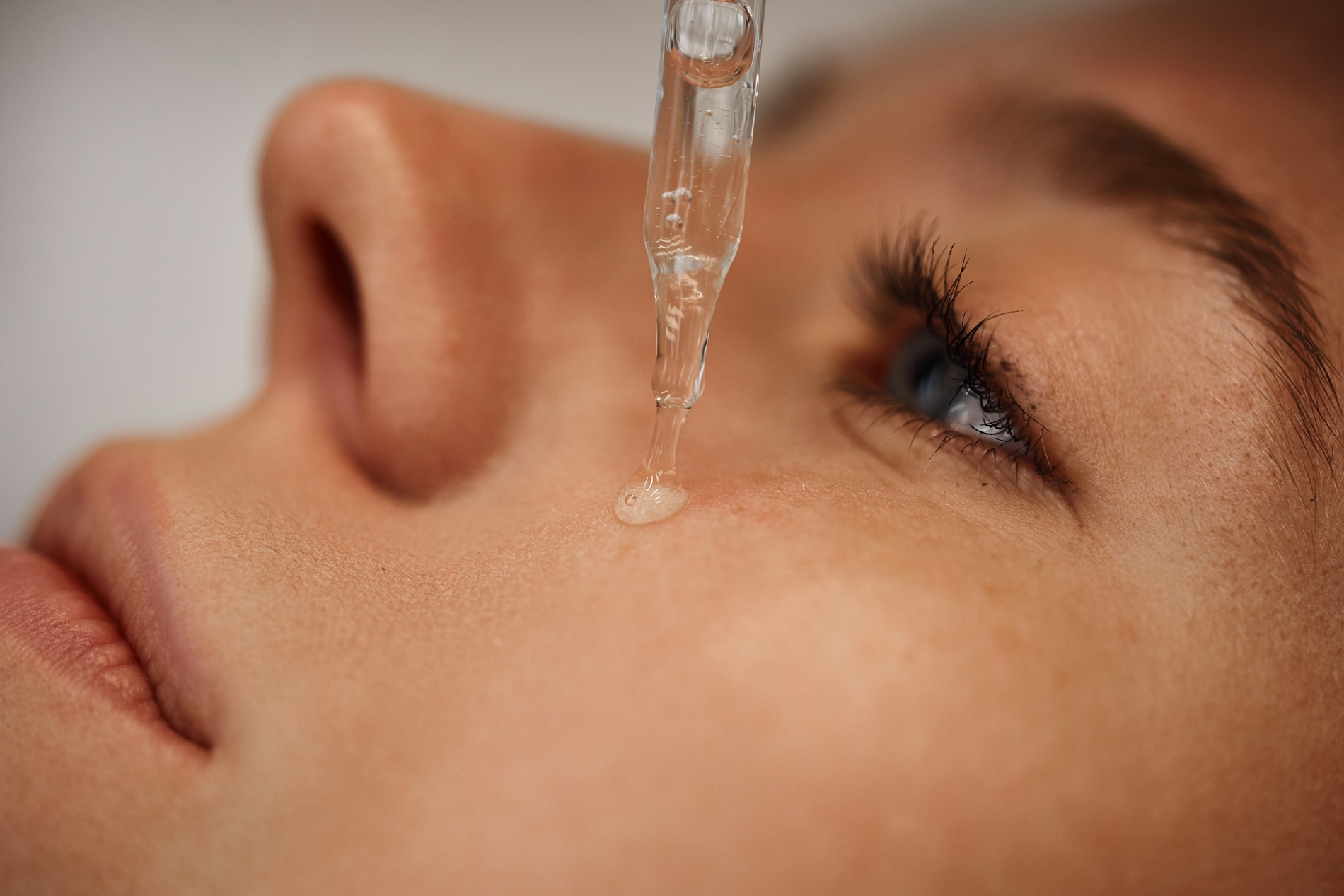
Retinoids are powerful anti-aging and acne-fighting ingredients, but they come with a high risk of irritation. Common side effects include peeling, flaking, and increased sensitivity. Dry skin is more prone to these effects because it has less natural oil to buffer the strength of retinoids, which can lead to painful redness and long recovery times.
7. Astringents (Like Witch Hazel or Menthol)
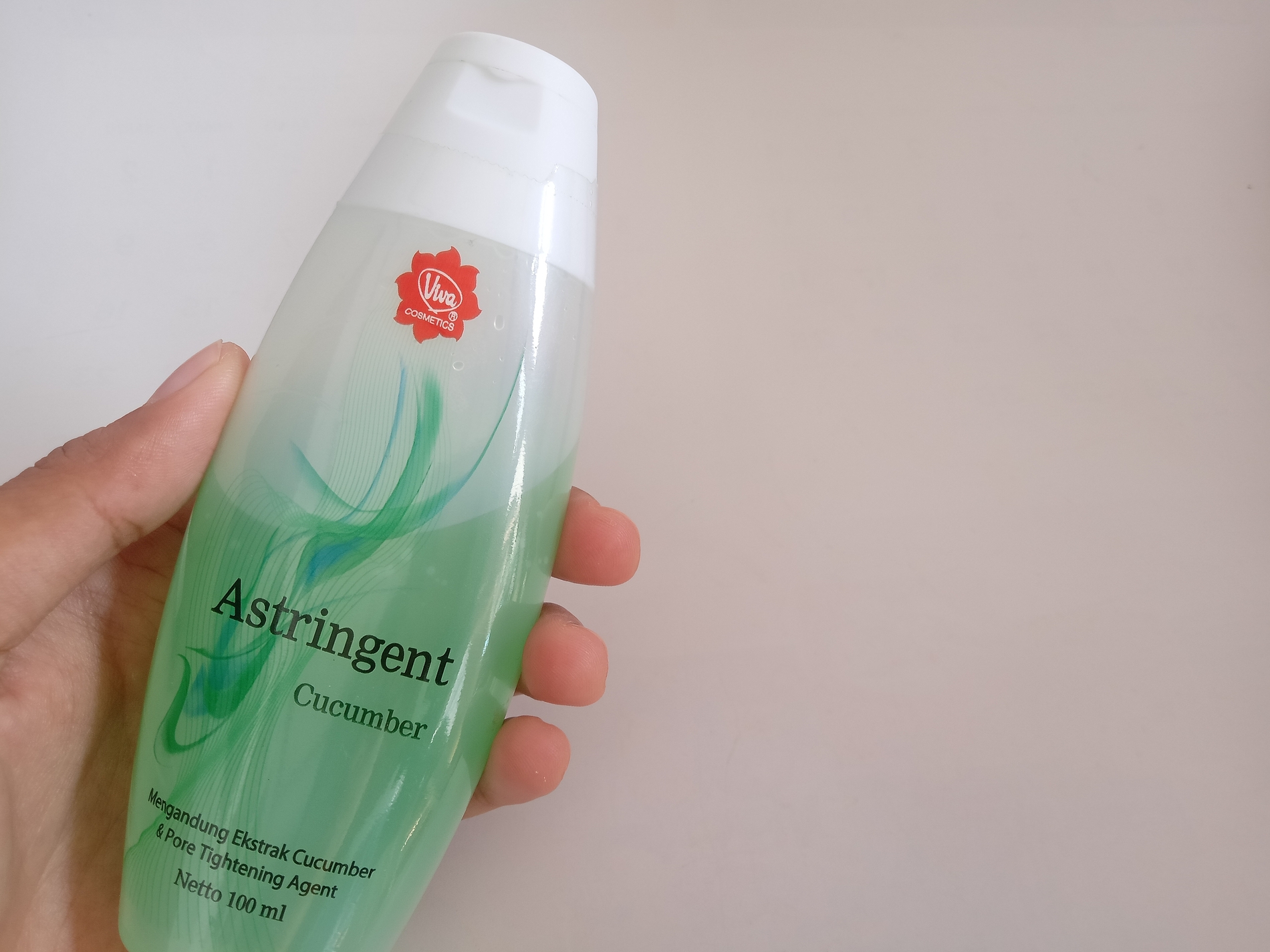
Astringents are meant to tighten pores and reduce oil, but they often contain alcohol or other volatile ingredients that dry the skin out even more. Witch hazel, in particular, is often alcohol-based, and menthol can trigger a cooling effect that feels nice initially but leads to irritation, especially in dry or broken skin.
8. Essential Oils (Like Citrus or Peppermint)
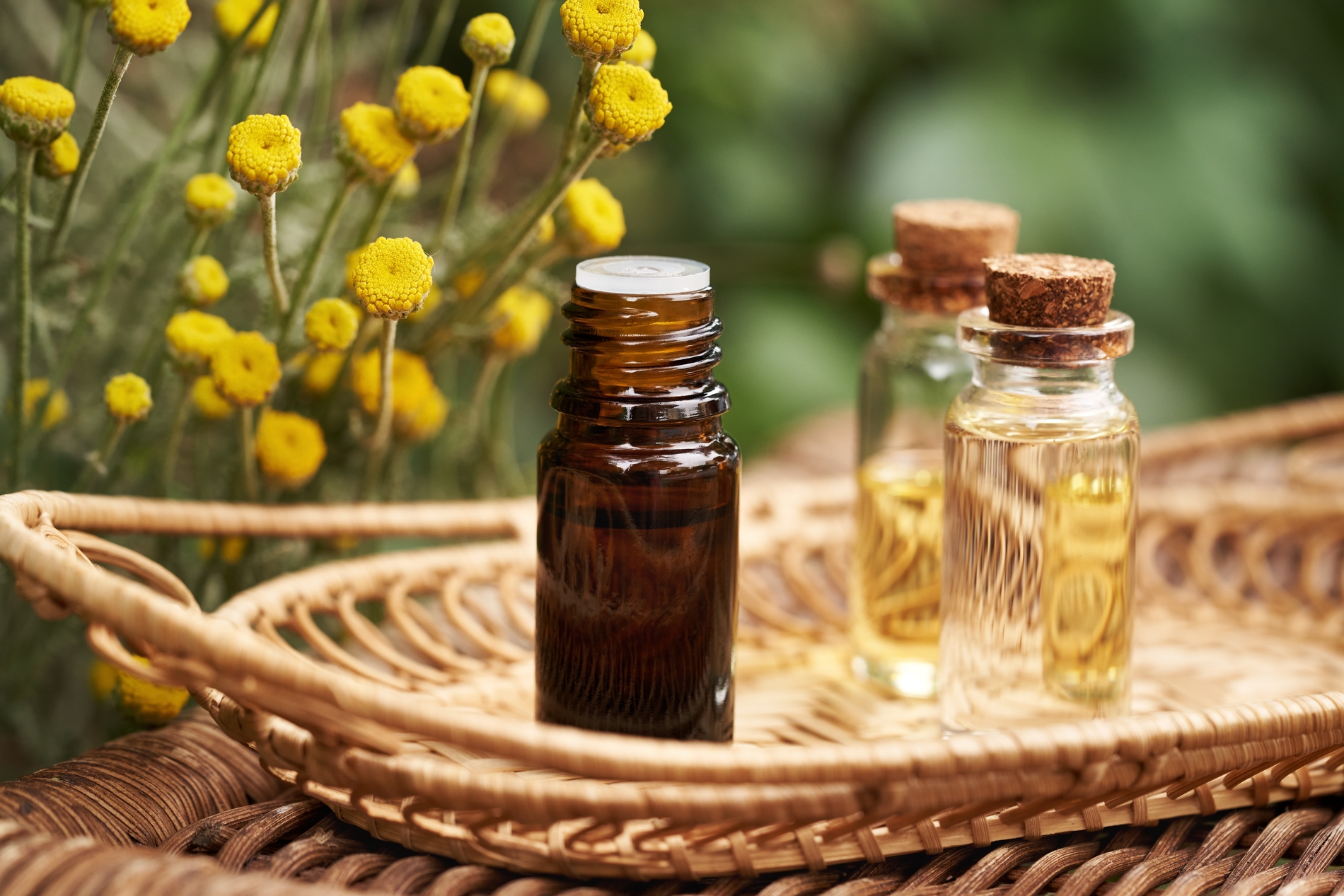
While natural-sounding, not all essential oils are skin-friendly—especially for dry types. Citrus oils like lemon or orange are phototoxic, meaning they can make your skin more sensitive to sunlight and cause discoloration. Peppermint or eucalyptus oils can feel tingly but often disrupt the skin barrier and cause stinging or burning in dry areas.
9. Alpha Hydroxy Acids (AHAs)
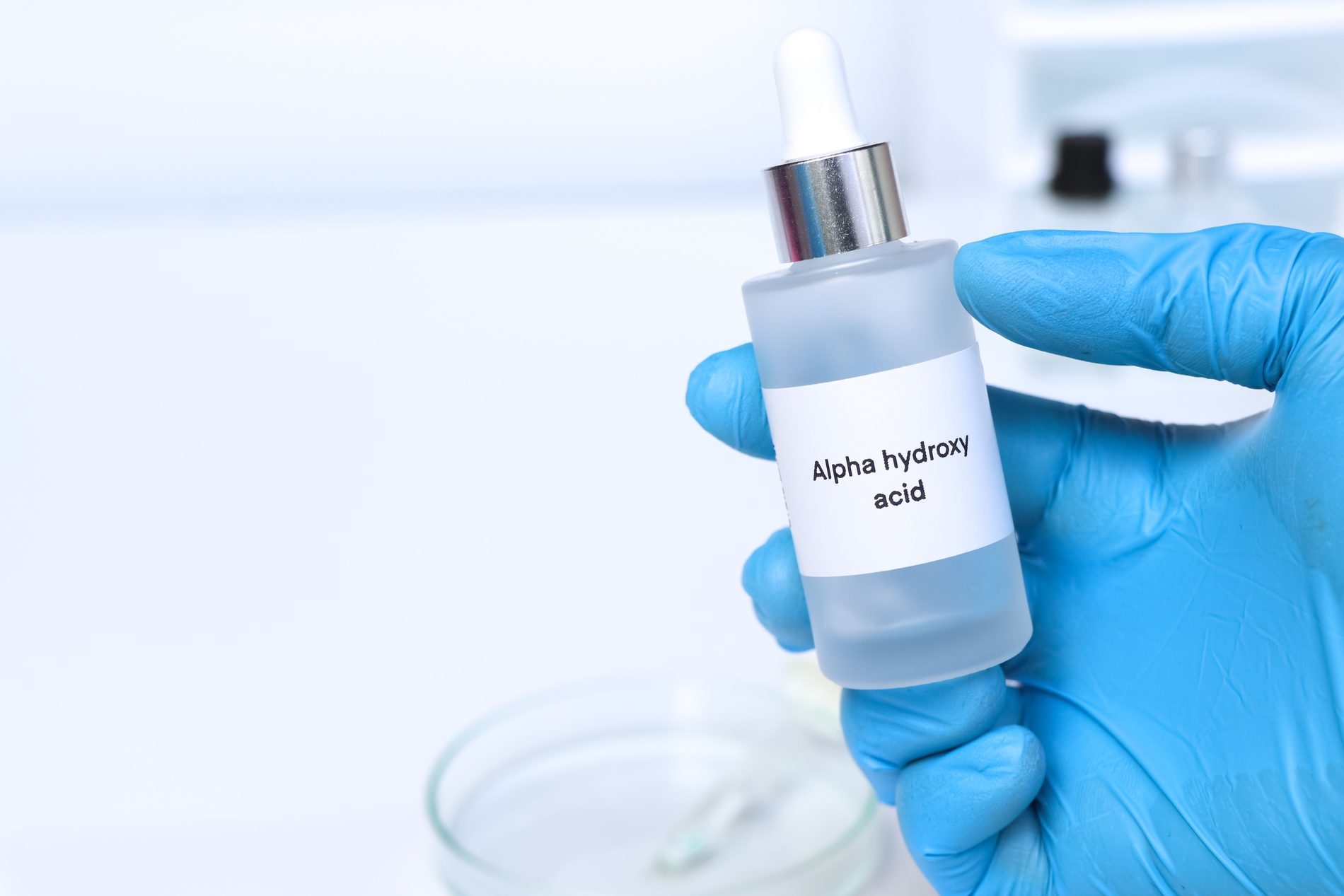
AHAs like glycolic or lactic acid help exfoliate dead skin cells, which can be good in moderation. But overuse, or using them at high concentrations, can thin the outer layer of already-dry skin. This leads to increased sensitivity, redness, and moisture loss—undoing any hydrating effects you were hoping for.
10. Charcoal
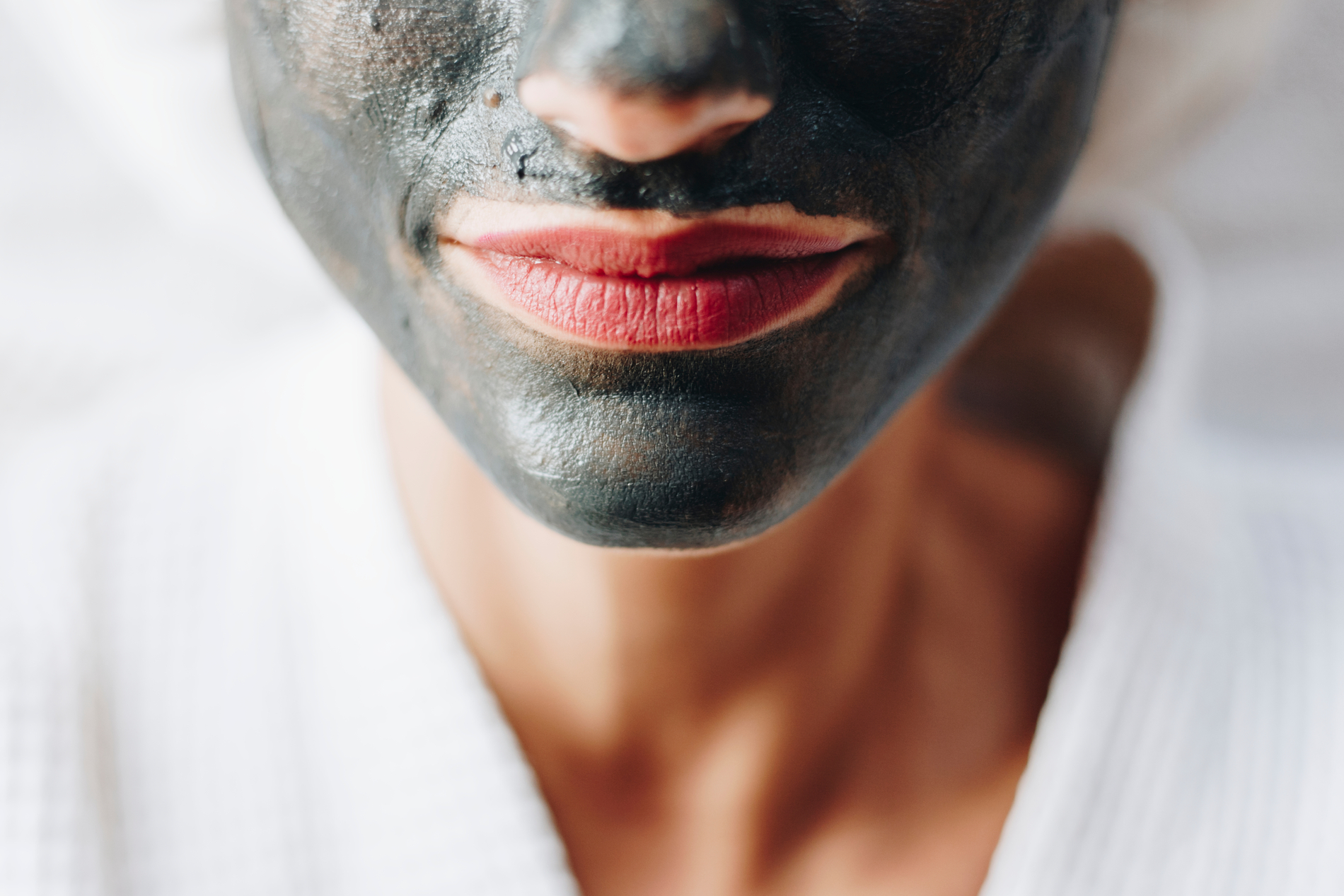
Charcoal is added to masks and cleansers to absorb oil and impurities. But it’s also very absorbent of moisture—pulling it out of your skin along with everything else. On dry skin, charcoal can leave a tight, parched feeling and make the texture feel even rougher.
11. Clay (Like Bentonite or Kaolin)
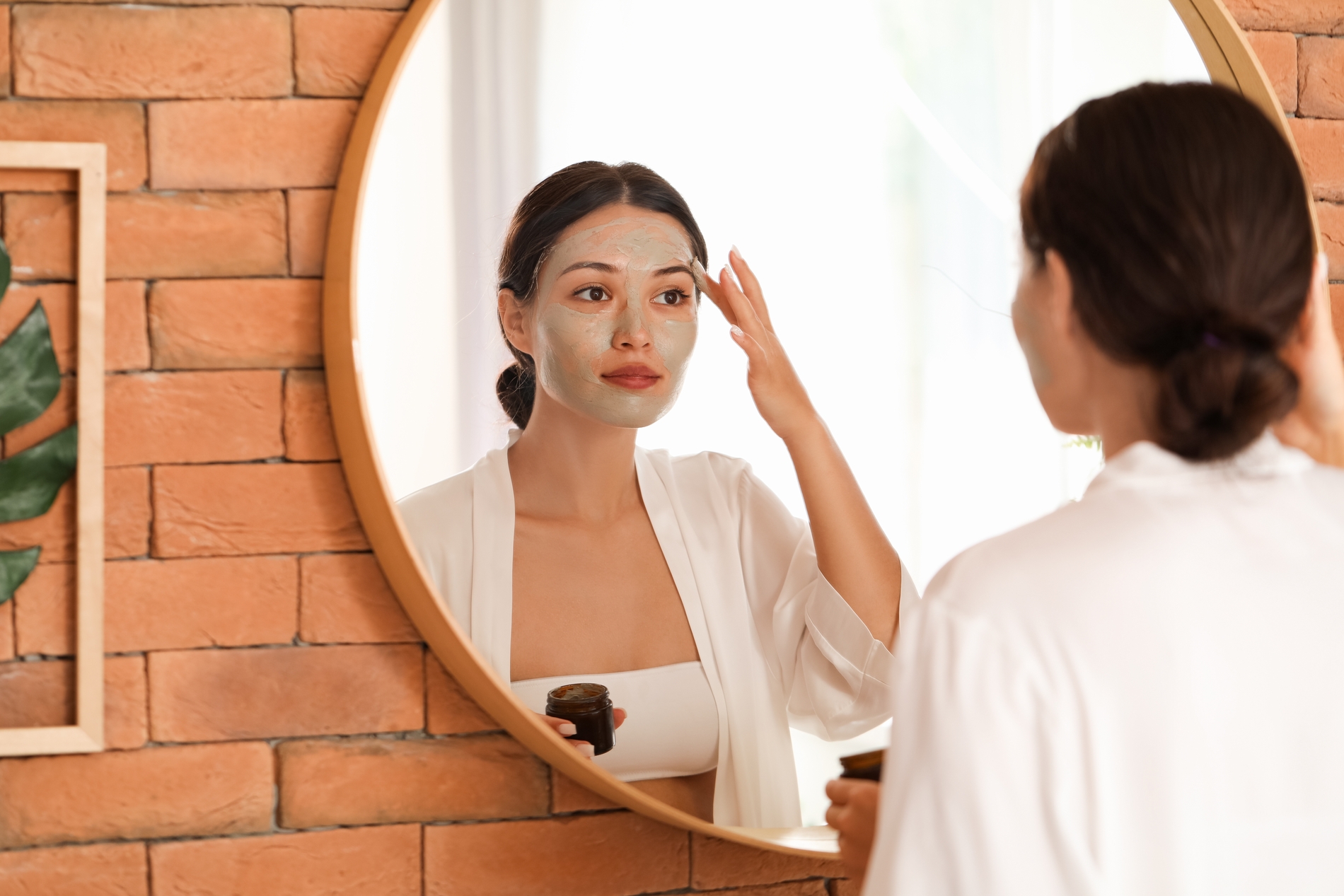
Clay masks are great for oily or acne-prone skin because they soak up excess sebum. But for dry skin, they pull away the little moisture that’s left. After using a clay product, dry skin often feels overly tight, irritated, or visibly flaky, especially if the mask is left on for too long.
The Takeaway
Dry skin needs barrier protection, hydration, and gentle ingredients. The best thing you can do is read your labels and avoid anything that might strip or irritate your skin further. Look for products that are alcohol-free, fragrance-free, and designed to support the skin’s natural moisture levels with ingredients like ceramides, hyaluronic acid, shea butter, and squalane. A little label awareness goes a long way toward keeping your skin soft, healthy, and calm.



